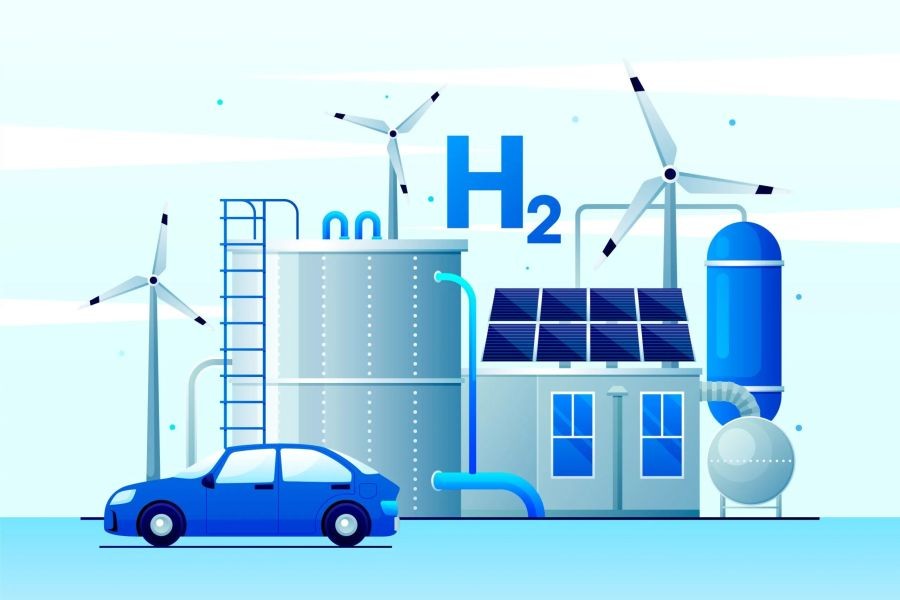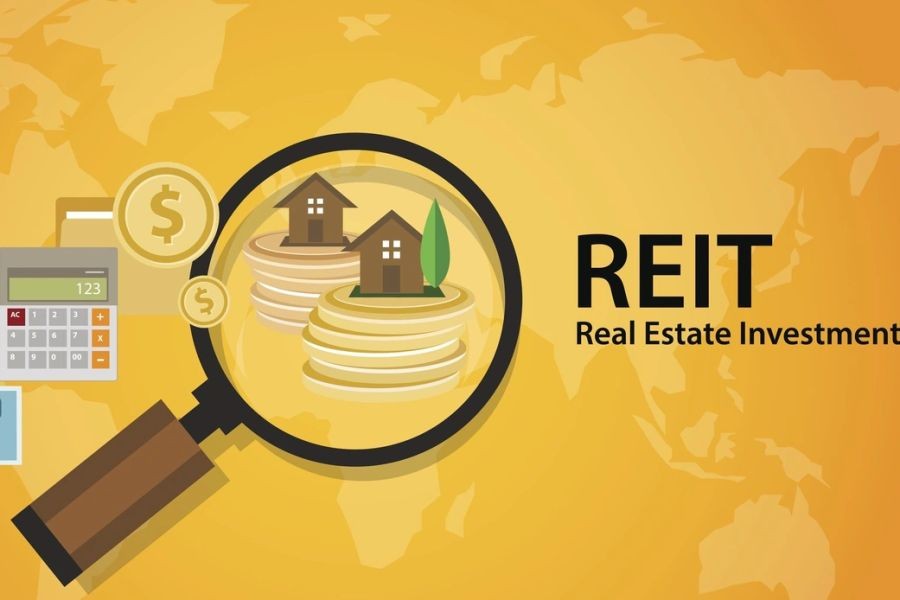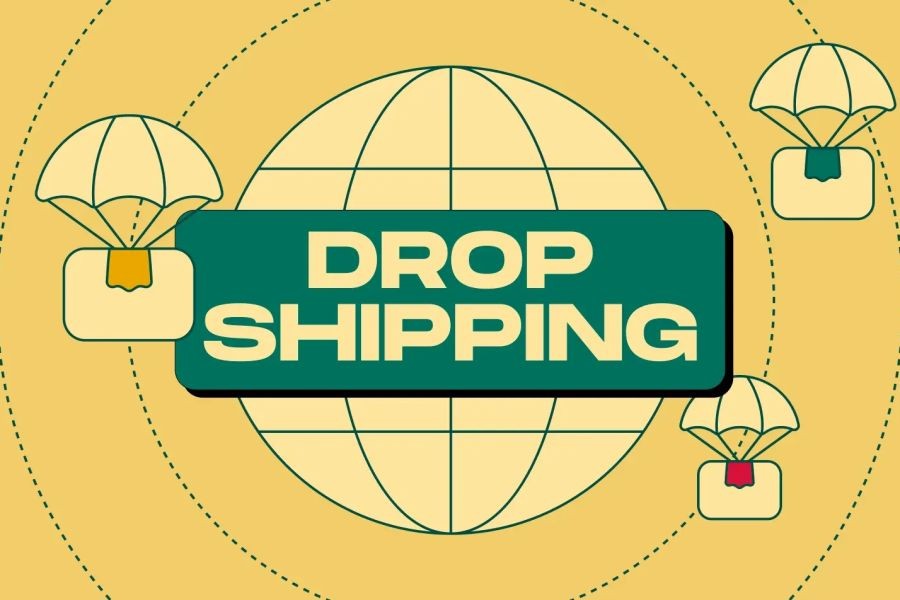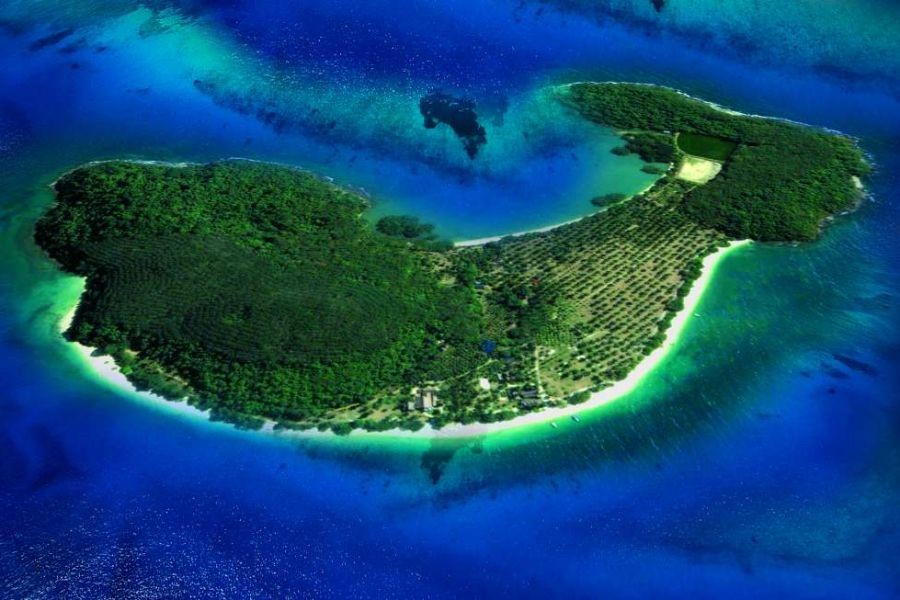New Zealand’s economy has been grappling with soaring inflation, rising interest rates, and escalating cost-of-living pressures. As Kiwis face higher grocery bills, surging rents, and increasing mortgage repayments, many are asking: When will inflation finally stabilize? This article provides an in-depth analysis of inflation trends, interest rate movements, and the economic forces shaping New Zealand’s financial landscape.
Historical Inflation Trends: How Did We Get Here?
New Zealand has faced various inflationary cycles over the past decades. The early 2000s saw moderate inflation, averaging around 2-3% annually. However, the Global Financial Crisis (GFC) of 2008 led to a period of low inflation, as reduced demand and economic uncertainty curbed price increases.
Fast forward to the COVID-19 pandemic, and a new inflationary surge emerged. Supply chain disruptions, government stimulus packages, and pent-up consumer demand pushed inflation beyond the Reserve Bank of New Zealand’s (RBNZ) target range. By 2022, inflation had peaked above 7%, the highest level in decades, leading to aggressive monetary tightening measures.
Key Inflation Drivers in 2024-2025
1. Rising Interest Rates & Monetary Policy
In response to inflation, RBNZ has implemented a series of interest rate hikes, bringing the Official Cash Rate (OCR) to 5.5% as of early 2025. While higher rates aim to curb inflation by slowing down borrowing and spending, they have also led to higher mortgage repayments and business loan costs.
2. Housing & Rental Costs
The property market, a key component of household expenses, has seen fluctuating trends. While house prices have corrected from their 2021 peaks, rents remain stubbornly high. Landlords facing higher mortgage costs often pass them onto tenants, adding further pressure to the rental market.
3. Supply Chain & Import Costs
Although global supply chain disruptions have eased compared to 2022, ongoing geopolitical tensions and climate-related disruptions continue to impact import prices. Key commodities such as fuel, food, and raw materials have seen fluctuating costs, affecting both businesses and consumers.
4. Wage Growth vs. Cost-of-Living Pressures
While wage growth has increased to help offset rising costs, real wage growth (adjusted for inflation) remains a challenge. Many workers find that salary increases fail to keep pace with the cost of living, limiting disposable income and consumer confidence.
Inflation Projections: When Will Prices Stabilize?
Economists have differing views on when inflation will return to the 1-3% target range. Three possible scenarios for 2025 and beyond include:
Scenario 1: Gradual Stabilization (Most Likely)
Inflation slows to 2.8% by late 2025.
RBNZ cautiously lowers interest rates in early 2026.
Wages catch up with cost-of-living increases, improving household spending power.
Scenario 2: Persistent Inflation (Moderately Likely)
Inflation remains above 3.5% through 2025 due to supply chain volatility and strong wage growth.
RBNZ keeps the OCR at 5.5% or higher to prevent further inflationary pressure.
Households continue to feel squeezed, leading to reduced discretionary spending.
Scenario 3: Deflationary Risks (Less Likely)
Economic slowdown leads to sharp demand reductions, bringing inflation below 1.5%.
RBNZ cuts rates aggressively to stimulate borrowing and investment.
Business closures and rising unemployment become concerns.
How Should Kiwis Prepare for the Future?
For Households:
Budget wisely: Focus on essential expenses and minimize discretionary spending.
Reduce high-interest debt: Paying off credit cards and loans will be crucial as interest rates remain high.
Invest strategically: Consider inflation-hedged assets like property, stocks, or commodities.
For Businesses:
Adapt pricing strategies: Monitor costs and adjust pricing while maintaining customer demand.
Manage cash flow effectively: With borrowing costs high, financial planning is essential.
Explore automation and efficiency improvements: Cutting operational costs can offset inflation pressures.
Conclusion: Can NZ Overcome the Inflation Crisis?
While inflation is expected to ease gradually, challenges remain for businesses and households. Whether New Zealand sees relief in 2025 will depend on global economic conditions, RBNZ policies, and domestic spending behaviors.
What do you think? Will inflation finally stabilize, or will Kiwis continue to struggle with rising costs? Share your thoughts in the comments and join the discussion!
































StantonLew
4 months ago